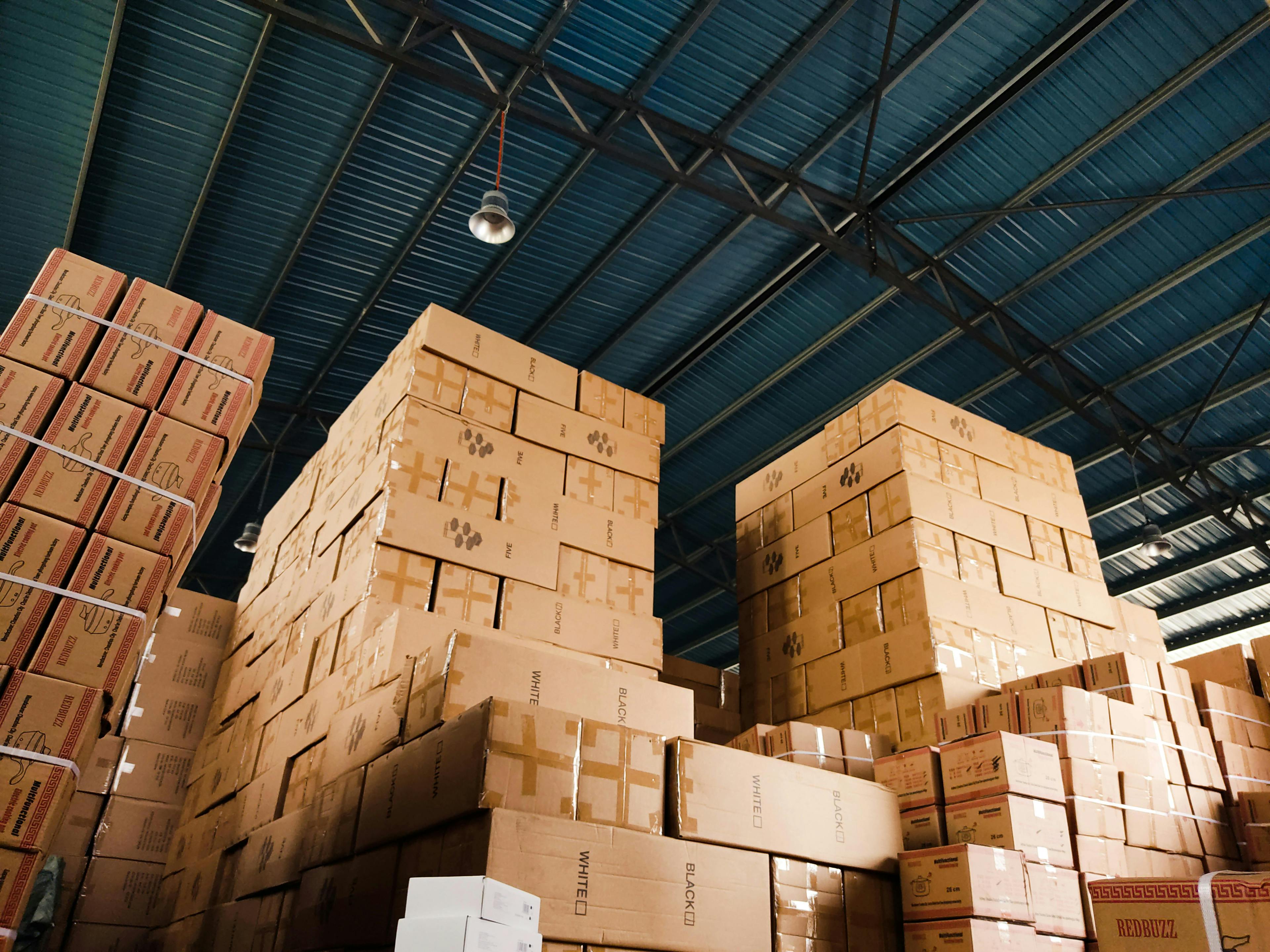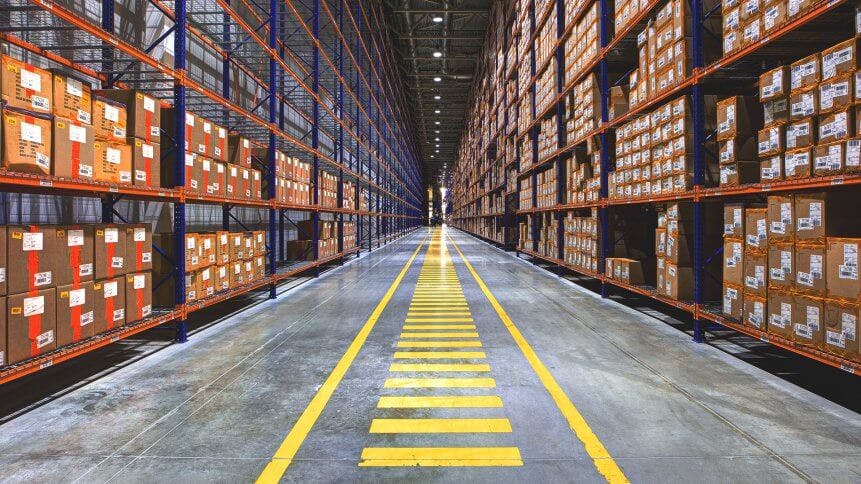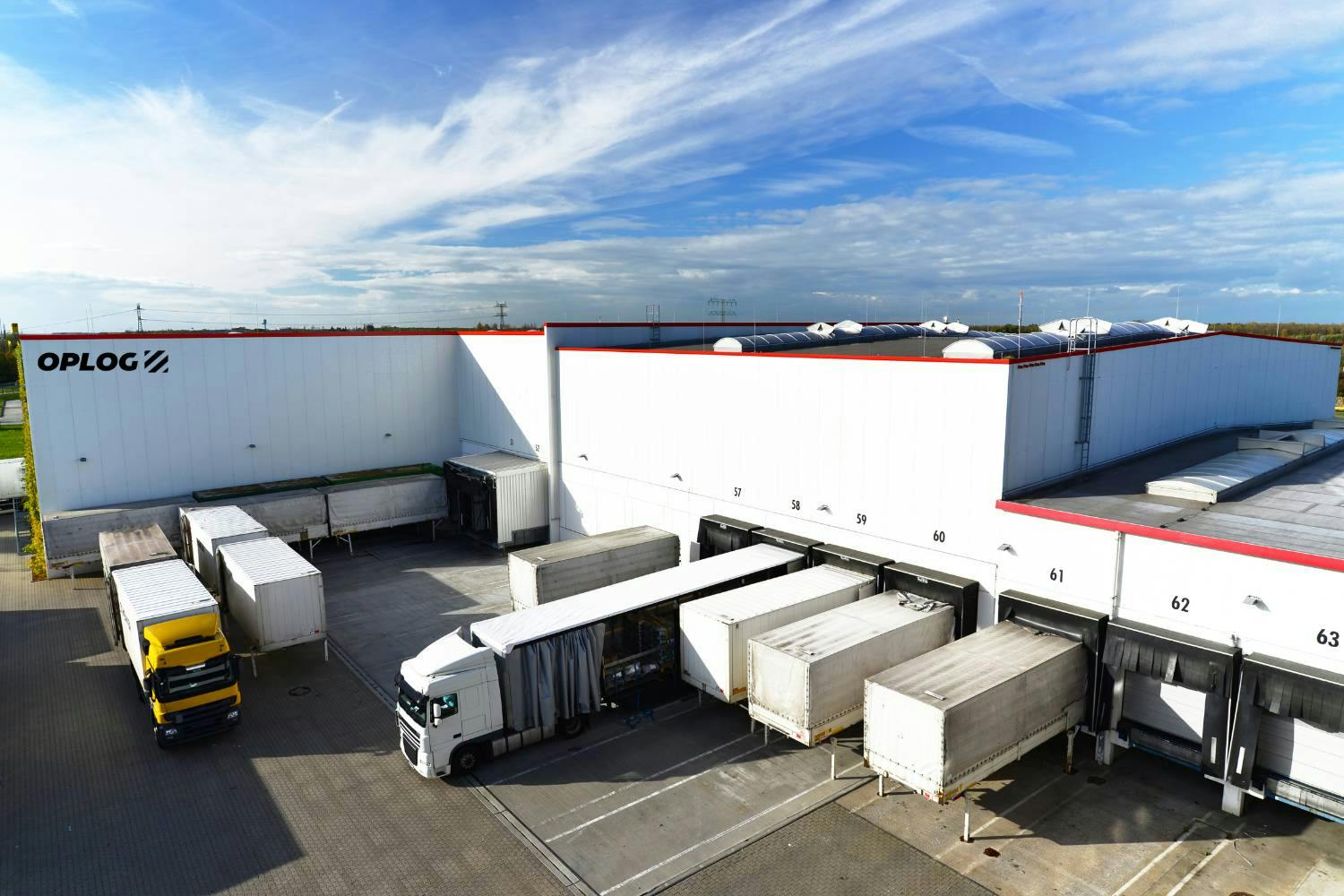Best Marketplaces to Sell in Europe & Commission Fees
Unlock unlimited potential with e-commerce sales in Europe! By leveraging the power of open borders, one currency, and regulatory unity across different nations, businesses now have access to a lucrative market. It's time to take advantage of its vast opportunities today. In this post, you'll find all the information needed for successful selling, from some of Europe's best marketplaces to their commission fees.
Overview of the European e-commerce market
The European e-commerce market is a large and highly developed market, with a large number of consumers and businesses participating in online commerce. The market has seen significant growth in recent times, driven by the widespread adoption of the internet and mobile devices, as well as a growing desire for convenience and options.
Before expanding your e-commerce brand into Europe, it's important to be aware of certain key facts and understand the market.
Market size and growth:
The European e-commerce market is booming and provides a great opportunity for businesses to reach a wider audience. The region has the second-largest online market globally, making it an attractive market for companies looking to increase their customer base and revenue.
Language and cultural diversity:
Europe is a potent mix of cultural expressions and linguistic variety. To better serve customers, it's critical to have a localization strategy that caters to the distinct preferences and needs of various cultures across the continent. It could include offering multiple languages or currencies as well as tailoring products based on local tastes.
Cross-border e-commerce:
As the European market expands, cross-border e-commerce is becoming increasingly attractive for businesses. However, making it successful requires careful consideration of taxes, customs, and regulations in each country you wish to target – setting up a streamlined strategy that allows your business to navigate foreign markets smoothly.
Fees and commissions:
Different marketplaces charge different fees and commissions for using their platform. Make sure to choose a marketplace that offers reasonable fees and commissions for your business model.
Payment methods:
When it comes to online payments, there is no one-size-fits-all solution. Although credit cards remain the most popular option for e-commerce in Europe, businesses must make sure that alternative payment methods such as PayPal, bank transfers, and cash on delivery are also available so customers can choose a plan that suits their needs. Providing multiple options ensures your business remains competitive - allowing you to optimize customer experience every step of the way!
Delivery and logistics:
Delivery and logistics can be challenging for e-commerce brands operating in Europe due to the many different countries, languages, and customs regulations. To ensure your business is operating at its highest potential, you'll need to get ahead by thoroughly researching shipping options, taxes, and customs regulations for each country where you offer products. Clear assessment will provide insights that can give a competitive edge in selling abroad.
Local regulations and laws:
Make sure to follow the rules and regulations of the European marketplaces you are selling on, including any tax restrictions, product safety, and consumer protection.
Data privacy and regulations:
Data privacy is at the forefront of concerns for all users in today's digital world. The European Union has taken robust and decisive action to protect consumers with General Data Protection Regulation (GDPR). Businesses that fail to comply may face harsh penalties and fines - underscoring just how important it is that they take compliance seriously.
Strong mobile commerce:
European consumers rapidly embrace mobile commerce, turning to their smartphones for online shopping. To keep up with this surge in demand and avoid losing customers due to a poor user experience, you should ensure that your website and apps have been optimized for superior mobile access.
SEO and SEM:
To achieve success in the highly competitive European e-commerce market, you need to invest your resources wisely. By utilizing search engine optimization (SEO) and search engine marketing (SEM) strategies, you can improve your brand’s visibility and reach a broader audience. Additionally, targeted advertising campaigns can be effective in delivering relevant messages to the right people at the right time, which is a fundamental aspect of any successful digital marketing plan.
Popular online marketplaces in Europe
Selling online in Europe opens up your business to a wide range of potential customers. To maximize your reach, you should explore the vast array of specialized marketplaces available across the continent, including specialized marketplaces for specific types of products or industries. Take some time to research these tremendous European marketplace opportunities so that you can determine which ones are best suited to help grow your business.
Here are a few of the best marketplaces to sell in Europe:
- Amazon: Amazon is an influential force in European e-commerce, paving the way for businesses to grow through their expansive marketplace and customer relations. Offering a wide range of product categories with features like fulfillment services and advertising options, Amazon has empowered sellers and consumers on its unending quest to revolutionize digital marketplaces worldwide.
- eBay: eBay is a leading marketplace with an incomparable presence across the UK, Germany, and France. Enjoy expansive product selection plus valuable listing enhancement options to give you an edge on advertising that won't be beaten.
- Etsy: Etsy is the perfect destination for shoppers looking to express their unique and creative style. With a widespread presence throughout Europe, this inspiring marketplace offers one-of-a-kind items from jewelry to handmade goods – all of which cater to those who appreciate artistic craftsmanship.
- Alibaba: Alibaba is a well-known Chinese marketplace that provides wholesale and bulk purchasing options. It has a strong presence in the European market and can be an effective platform for promoting your products to a large audience.
- Rakuten: Rakuten is a marketplace that has a broad reach throughout Europe and it is a popular choice for sellers of all types of products.
- Zalando: Zalando is a marketplace that specializes in fashion and clothing products, it is a great choice for those who are looking to sell these types of items in Europe. With advanced technology solutions that are tailored for sellers of these kinds of goods, this marketplace is an ideal platform for expanding your customer base.
- Cdiscount: Cdiscount is a leading French marketplace that is popular among savvy sellers. It offers a wide range of products from clothing, electronics to home decor, making it a one-stop-shop for customers.
- Asos: Asos has been providing fashionable and on-trend clothing to customers worldwide for nearly two decades. It is a leading online retailer of its products and an array of other brands across 190 countries, including Great Britain, America, and Australia.
To ensure success in your business venture, it is advisable to explore a variety of marketplaces and local options. By casting a wider net with multiple platforms, you have higher odds of achieving desired results.
Fees of the best marketplaces in Europe
With the rise of e-commerce, digital marketplaces have enabled businesses to reach more customers than ever before. However, you need to bear in mind that working with these platforms may involve a cost: depending on their agreement and the marketplace, fees and commissions can be incurred as part of doing business online.
Here are a few examples of fees that you may encounter when selling on European marketplaces:
- Listing fees: Some marketplaces charge a fee to list a product for sale on their platform. This fee may be a one-time fee or a recurring fee.
- Transaction fees: Many marketplaces charge a fee for each sale made on their platform. Be aware that transaction fees may be associated with every sale - usually calculated as a percentage of the total price and dependent upon various factors such as product category. Protect yourself against loss by researching these charges before listing in any marketplace!
- Fulfillment fees: Selling on marketplaces can be a great way to get your products out there. Look for options that offer fulfillment services, which encompasses storage and shipping of items you're selling- but remember that you may have to pay an additional fee for value-added services.
- Advertising fees: Some marketplaces offer advertising services to help sellers promote their products. These services may come with additional fees.
Commission fees of the best marketplaces in Europe:
Knowing the commissions charged by the European marketplaces can be essential for success as a seller. It's important to understand that commission fees vary depending on different factors, such as the seller's account terms, product category, and other variables.
- Amazon: Commission fees for Amazon in Europe vary by category, but for most product categories, the fee is around 15% of the sale price with a minimum fee of €0.30, plus extra charges based on services like fulfillment or advertising.
- eBay: Sellers on eBay are charged a final value fee based on the category of their item and its sale price. Typically, this fee falls between 5-10%, with an added premium for specialized services like listing enhancements or marketing efforts.
- Etsy: Etsy charges a transaction fee of 5% of the sale price of the item, as well as a payment processing fee of 3% + $0.25 for each sale. There may also be additional fees for certain services, such as payment processing or advertising.
- Alibaba: Alibaba offers sellers a great way to reach customers in China and beyond, but there is a cost: the company charges commission fees based on the item's category and seller location.
- Rakuten: Rakuten charges a commission fee to sellers, which is a percentage of the item's sale price. The exact percentage depends on the item's category and the seller's location.
- Zalando: Zalando charges a commission fee to sellers, which is a percentage of the item's sale price. Sellers should take into account the 15% commission fee for European sales when calculating their earnings potential.
- Cdiscount: Cdiscount's commission fee is based on the item category and seller location. The percentage-based charge helps to ensure that all vendors are vying for fair prices when selling items through their platform.
How to choose the right marketplace for your e-commerce business?
Utilizing the right marketplace for your e-commerce brand in Europe is essential to providing quality services. There are several factors to consider when selecting a suitable platform for your brand.
- Target audience: For higher engagement and reach with your target market, consider specifying the types of markets best suited to meet your brand’s needs. For instance, if you're selling fashion items, then Zalando or Amazon Fashion may offer a wider selection of your customers than other e-commerce sites.
- Product category: When selecting an online marketplace, you must consider the types of products you have. Different marketplaces are specialized in different product categories, so be sure that yours is well-suited for your chosen platform.
- Fees and commissions: Marketplaces charge different fees and commissions for using their platforms. Consider which fees and commissions are most reasonable for your business model.
- Customer service and support: When selecting a marketplace to sell on, it is crucial to consider the level of customer service and support that is offered to sellers. Look for a marketplace that provides adequate customer service and support to help you resolve any queries or problems that may arise quickly.
- Integration with other sales channels: If you are already selling on other channels, such as your website or other marketplaces, look for a marketplace that offers easy connectivity between different platforms, allowing you to avoid the time-consuming task of manually entering data numerous times.
- Customer reviews and ratings: Look for a marketplace with a good reputation among buyers and sellers. Customer reviews and ratings can give you an idea of the level of satisfaction of other sellers and buyers on the platform.
- International shipping options: If you want to expand your business overseas, ensure that the marketplace offers international shipping solutions. It will enable worldwide access to your products and services, opening up a world of potential customers!
Ultimately, the right marketplace for your business will depend on your specific needs and goals. Try out a few marketplaces to see which works best for your business.
Grow your e-commerce business globally with OPLOG
OPLOG manages the entire e-commerce operations for your business, from receiving and storing products in its warehouse to picking, packing, and shipping your customer orders. The main advantage of OPLOG fulfillment is that it allows your brand to focus on its core competencies, such as sourcing products, marketing, and sales.
Besides, OPLOG stores your products through contracted fulfillment centers and ensures that your orders are shipped to all European countries. If you are looking to expand to new countries, you can contact us and get a quote!






